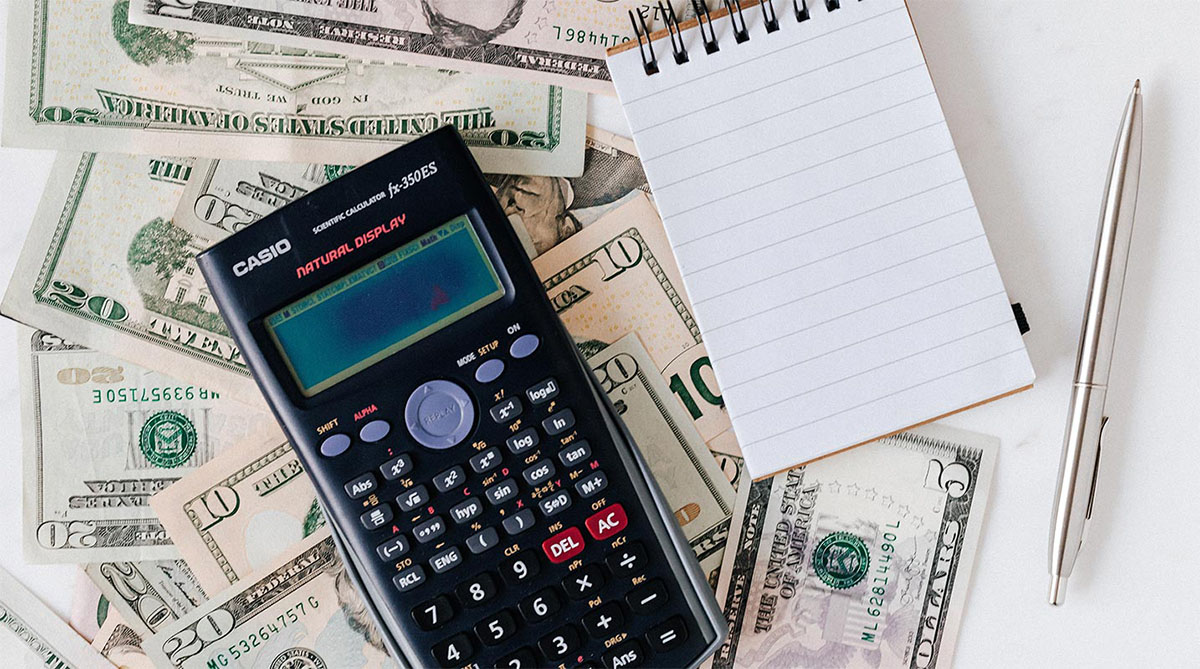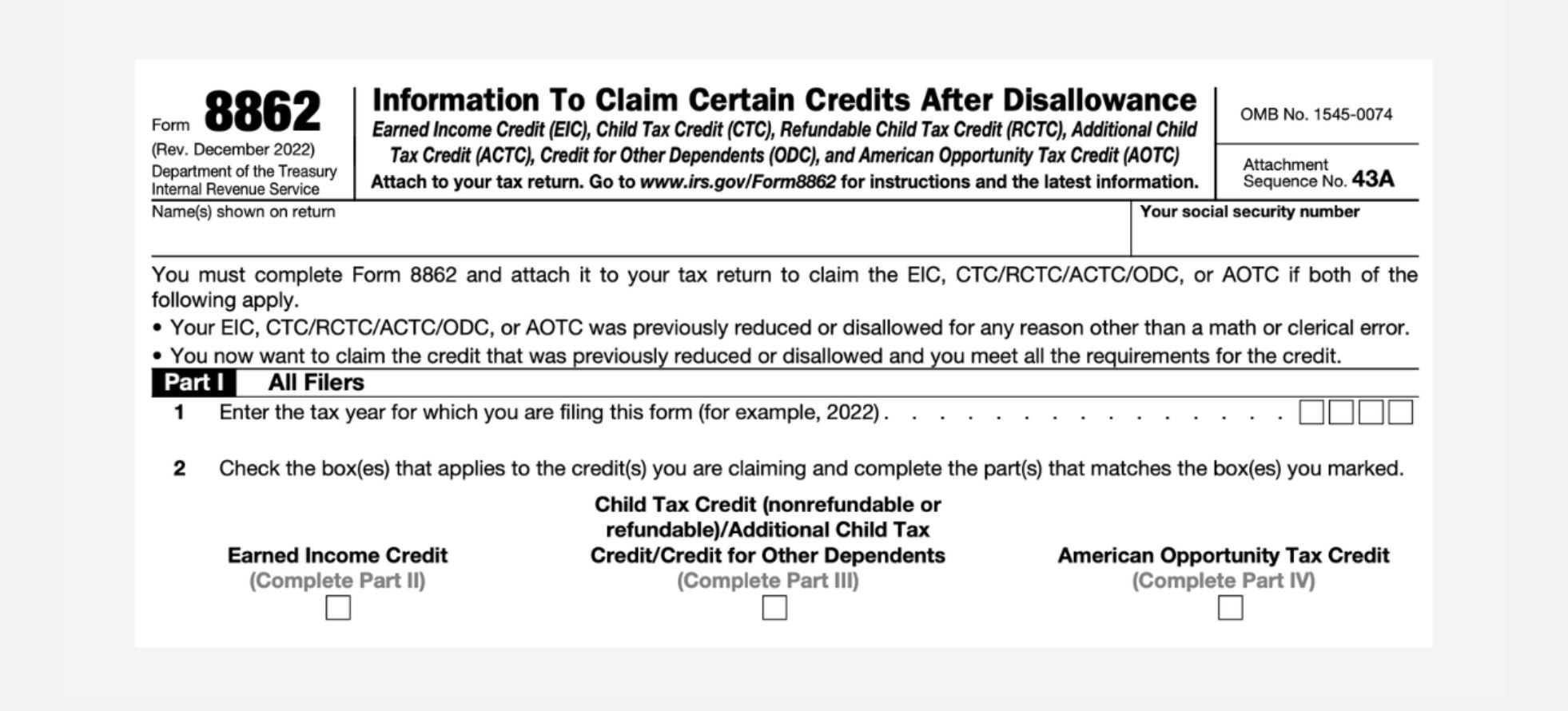Home>Finance>Bookie: Definition, Meaning, Duties, How They Make Money, And Fee


Finance
Bookie: Definition, Meaning, Duties, How They Make Money, And Fee
Published: October 18, 2023
Discover the role and responsibilities of a bookie in the world of finance. Learn how they make money and the fees involved, along with the definition and meaning.
(Many of the links in this article redirect to a specific reviewed product. Your purchase of these products through affiliate links helps to generate commission for LiveWell, at no extra cost. Learn more)
Bookie: Definition, Meaning, Duties, How They Make Money, and Fee
Managing and making informed bets on sports events has become increasingly popular, with the rise of online betting platforms. Behind the scenes of these platforms are bookies, the individuals who play a crucial role in facilitating these bets. In this blog post, we will explore the definition, meaning, duties, how bookies make money, and the fees associated with their services. So, if you’ve ever been curious about the world of bookmaking, this is the article for you!
Key Takeaways:
- A bookie is an individual or organization that facilitates betting on various sports events.
- They assign odds to each possible outcome of an event and collect bets from participants.
What is a Bookie?
A bookie, short for bookmaker, is the person or entity responsible for setting the odds, accepting bets, and paying out winnings in various sports events. Bookies can operate independently or work for betting organizations, offering their services to bettors looking to place wagers.
Bookies play a vital role in ensuring that the betting process is fair and transparent. They carefully analyze the probability of different outcomes and assign odds accordingly. These odds represent the bookie’s assessment of the likelihood of each possible outcome. The higher the odds, the less likely that particular outcome is expected to occur.
What are the Duties of a Bookie?
A bookie has multiple responsibilities in the world of sports betting. Here are some of their primary duties:
- Setting Odds: Bookies analyze various factors, such as team performance, player injuries, and historical data, to determine the likelihood of an outcome. Based on this analysis, they assign odds for participants to bet on.
- Accepting Bets: Bookies collect bets from participants, ensuring they adhere to the minimum and maximum betting limits set for each event.
- Managing Risk: Bookies strive to balance the amount of money wagered on each outcome to mitigate their risk. For example, if one outcome receives an overwhelming number of bets, bookies may adjust the odds to encourage betting on the other outcomes.
- Paying Out Winnings: If a participant wins a bet, the bookie is responsible for paying out the winnings in accordance with the odds and the amount wagered.
- Keeping Records: Bookies maintain thorough records of all bets, ensuring accuracy and transparency in the betting process.
How Do Bookies Make Money?
Bookies make money by managing the odds in such a way that the total amount wagered on all outcomes is balanced. They ensure that, whatever the outcome, they always make a profit. This is achieved by applying a margin to the odds they offer. The margin is the percentage added to the fair odds, guaranteeing the bookie’s profit in the long run.
For example, if the fair odds for an event are 2:1, the bookie may offer odds of 5:2, creating a margin of approximately 4.76%. This margin ensures that the bookie receives a cut of the total bets placed, regardless of the outcome. Additionally, bookies adjust the odds dynamically based on the amount of money wagered on each outcome to further balance their risk and potential profit.
What Fees are Associated with Bookies?
Most bookies operate on a fee structure that ensures their profitability. Here are some common fees you may encounter when working with a bookie:
- Commission: Bookies often charge a commission on the total bets placed. This fee is typically a percentage of the wagered amount and contributes to the bookie’s profits.
- Withdrawal Fees: Bookies may charge a small fee for withdrawing funds from your betting account, either as a fixed amount or based on a percentage of the withdrawn sum.
- Betting Spread: Some bookies offer spreads (the range of possible outcomes) for certain events and charge a fee based on the number of selections made within the spread. The more selections you make, the higher the fee.
It is essential to understand the fee structure and terms of service before engaging with a bookie to ensure you have a clear understanding of the costs involved.
Now that you have a deeper understanding of bookies, their duties, and how they make money, you can approach the world of sports betting with a newfound appreciation for the professionals behind the scenes. Remember to gamble responsibly and bet within your means. Good luck!














